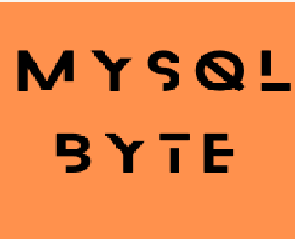Amazon RDS (Relational Database Service) and Amazon Aurora are both database services provided by AWS, but they have some important differences.
Amazon RDS is a managed database service that allows you to easily set up, operate, and scale a relational database in the cloud. It supports popular database engines such as MySQL, MariaDB, PostgreSQL, Oracle, and Microsoft SQL Server. With RDS, AWS handles most of the administration tasks, such as software patching, backups, and replication.
Amazon Aurora is a relational database engine developed by AWS that is designed to be highly scalable and performant. It is compatible with MySQL and PostgreSQL, but provides additional features such as faster read/write performance, automatic scaling, and built-in fault tolerance. Aurora is also designed to be compatible with the MySQL and PostgreSQL ecosystems, so existing applications and tools can be used with minimal changes.
Here are some of the key differences between RDS and Aurora:
Performance: Aurora is designed to be faster and more scalable than traditional RDS instances. It uses a distributed storage architecture and a custom database engine that is optimized for high performance and low latency.
Availability: Aurora provides built-in automatic failover and replication across multiple availability zones, which ensures high availability and data durability.
Cost: Aurora is generally more expensive than RDS due to its enhanced performance and scalability features. However, it may be more cost-effective in certain use cases where high performance and scalability are important.
Compatibility: RDS supports multiple database engines, while Aurora is only compatible with MySQL and PostgreSQL. However, Aurora is designed to be compatible with the MySQL and PostgreSQL ecosystems, so existing applications and tools can be used with minimal changes.
In summary, if you need a reliable and easy-to-use relational database service that supports multiple engines, RDS is a good choice. If you need a high-performance and scalable database engine that is compatible with MySQL and PostgreSQL, Aurora is a good choice.

